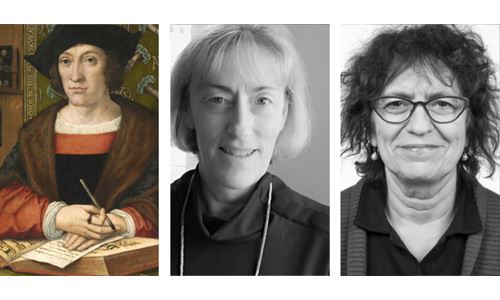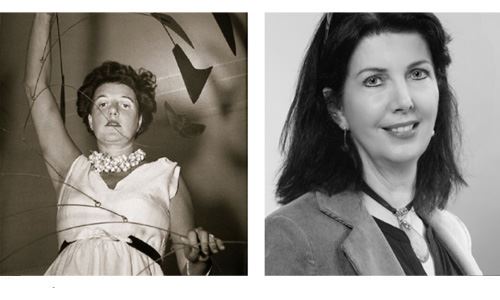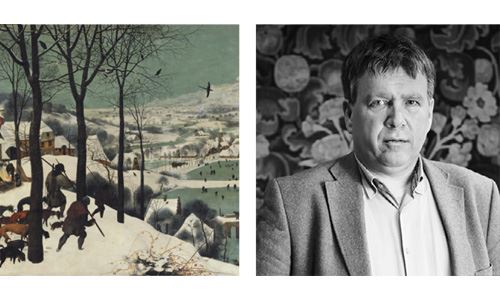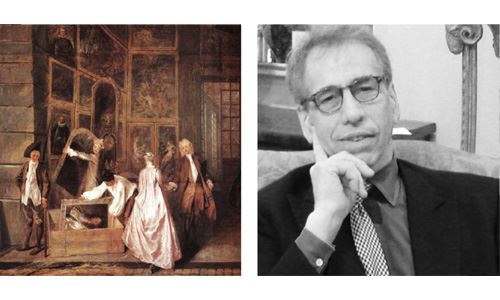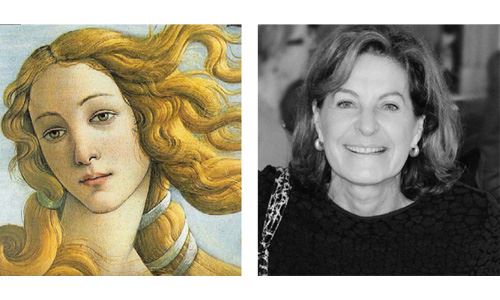ART Talks
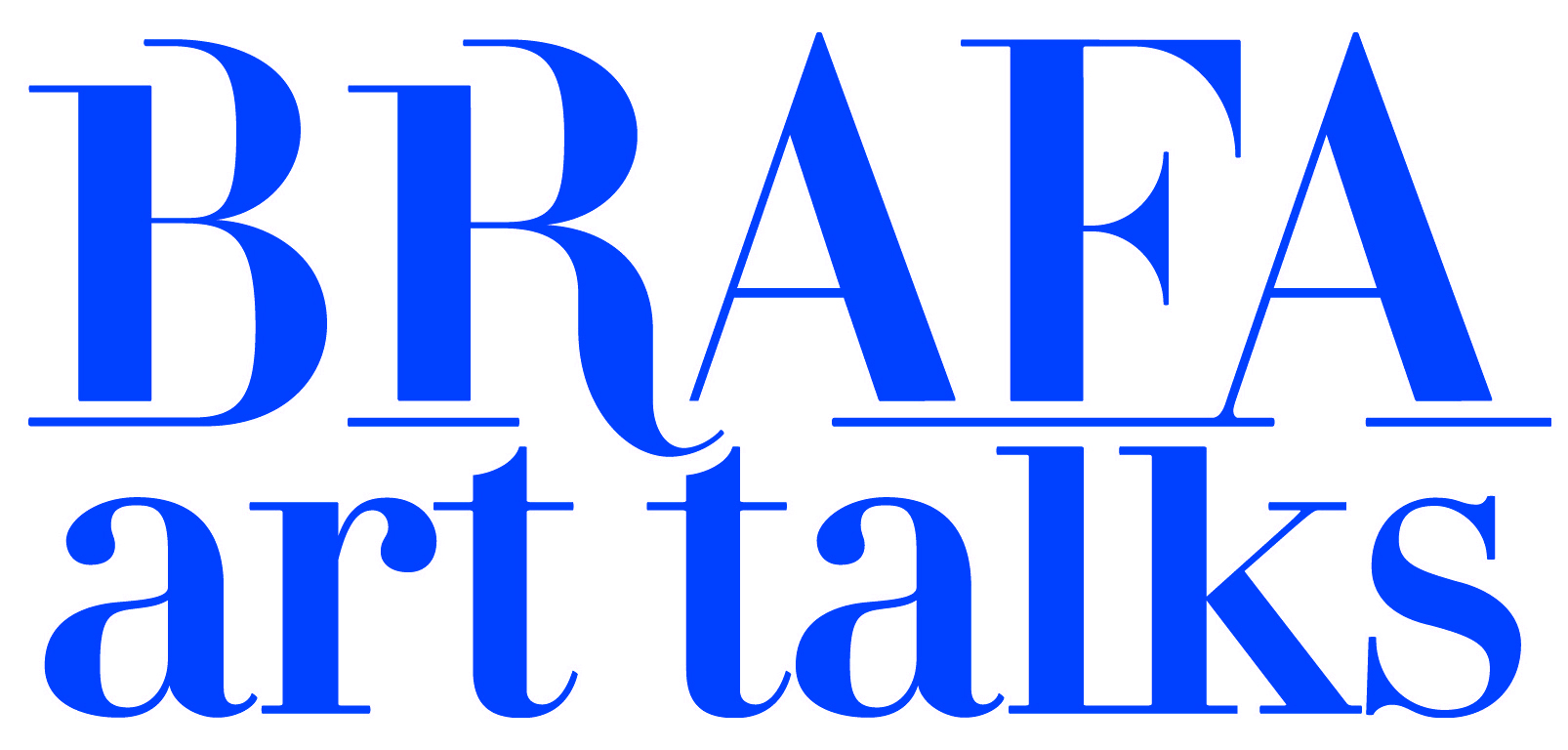
BRAFA loves culture, and loves to share it !
BRAFA has joined forces with the non-profit association BIAPAL to organize these BRAFA ART TALKS. Daily at 4 pm, you are invited to attend a talk by a renowned art-world personality who specializes in curating or in the art market. They will take turns to share their knowledge and expertise on diverse and fascinating subjects. So many chances to discover artists, eras, artworks, famous art-world characters and to broaden your knowledge of art and the art market!
Download the BRAFA Art Talks program by clicking here
Daily at 4 pm at the Brafa Lounge - stand 51a
PROGRAMME
26/01/2019
Collecting, a pleasure or a worry?
If collecting constitutes the ultimate pleasure any art lover could imagine, it also implies concerns about the management, sharing, preservation and transmission of cultural heritage which in turn imply risks linked with potential damage, loans, exhibitions, storage, evaluation and so on. Eeckman Art & Insurance, which has specialised in art, culture and heritage for three generations, has invited a number of experts in the field to discuss these points with Marc Hemeleers, the group’s associated administrator. Our aim: to ensure that art remains a wonderful means of exchange and emancipation.
Languages: FR & NL
In partnership with Eeckman Art & Insurance
27/01/2019
ROCAD.be: 100 Years of Dealing with Art
ROCAD.be, formerly known as the ‘Royal Chamber of Antiques and Art Dealers of Belgium’, is celebrating its centennial anniversary this year. The new name stands for the ‘Royal Chamber of Art Dealers’. During this discussion, you will discover the events that shaped the association, hearing stories about some of the mythical objects that have passed through the hands of its members. Francis Maere, the Chairman of ROCAD.be, and Olivier Theunissen, the Vice-chairman of ROCAD.be, will also share their vision on the future of the art market. This centenary is the perfect moment not only to look back on the association’s 100 successful years within the art trade, but also to look forward and consider how the profession can best be supported and furthered in the future.
Languages: FR & NL
28/01/2019
Post-constructivism or the origins of Soviet Art Deco
The period associated with Soviet Art Deco is relatively short: 1932-1937. The style originated through the exchange of ideas with the West (especially France and the United States) and it was shaped by Russian avant-garde influences. Soviet Art Deco combined constructivist architectural ideas with the decorative approach of the future Soviet Empire style, while differing from both trends. The style not only left a unique architectural heritage, it was also reflected in interior design, fashion and furniture design and was taken up by renowned architects and artists such as B. Iofan, A. Rodchenko, A. Schusev, A. Dushkin, K. Melnikov, I. Golosov, B. Smirnov, A. Deyneka and A. Damsky.
Language: Russian with simultaneous translation in English
Alexey Schusev - project of Palace of the Soviets
29/01/2019
Rediscovery of Mad Meg (‘Dulle Griet’), masterpiece by Pieter Bruegel the Elder
The introduction given by Guy van Wassehove will focus on the work of the art restorer. Dominique Allart, the Breugel family specialist, will then be invited to re-axamine the famous painting Dulle Griet by Peter Breugel the Elder (Antwerp, the Mayer van den Bergh Museum), following its recent restoration. In what context did the artist imagine and paint this strange composition? What significance would it have had at the time? These questions lead to an examination of Hieronymus Bosch’s legacy and an exploration of madness and misogyny in the 16th century.
Language: FR
In partnership with the Fonds Baillet Latour
Pieter I Bruegel, Dulle Griet, detail, 1563, Museum Mayer van den Bergh Antwerpen, photo KIK- IRPA Brussels
30/01/2019
Bernard van Orley - Brussels and the Renaissance
An emblematic figure of the Flemish Renaissance, Bernard van Orley (circa 1488-1541) was a painter at the court of Marguerite d'Autriche, Marie de Hongrie and Charles Quint, for whom he created portraits, designed tapestries and stained glass windows. His art, initially profoundly anchored in the Brussels’ tradition, transformed under the combined influence of Raphaël and Dürer. Although he never travelled, he left a lasting mark on the Brussels painting and tapestry schools. From the 20th February 2019 BOZAR, in collaboration with the MRBAB and the MRAH, will organise the first monographic exhibition ever dedicated to Bernard van Orley – Brussels and the Renaissance. A unique opportunity to rediscover this great master.
Languages: FR & NL
Bernard van Orley, Joris van Zelle, 1519 © Brussels, Royal Museums of Fine Arts
31/01/2019
Peggy Guggenheim, a passion for collections
To evoke the more than tumultuous life of Peggy Guggenheim is to rekindle the greatest artistic movements of the 20th century. She who said she saw no difference between Abstract Art and Surrealism became a true ‘art addict’, collecting frenetically but with a sure hand. She first opened the gallery ‘Guggenheim Jeune’ in London, then in New York, where she emigrated when the Second World War broke out. Jean Cocteau, Marcel Duchamp, Max Ernst… so many talented artists were her friends and sometimes more. She was also the one to launch American artists to the forefront of the international art scene. Her sublime palace museum in Venice is a testament to her talent as a collector and patron.
Language: FR
Amélie d’Arschot - photo by José Noel Doumont
01/02/2019
Pieter Bruegel - Most recent developments and discoveries
Bruegel year calls for a lecture by one of the internationally renowned specialists on the artist. In this talk, Manfred Sellink will unveil the most recent discoveries made during research carried out at the Historical Museum of Vienna in the course of the large-scale Bruegel exhibition organised there from 2 October 2018 – 13 January 2019. Since 2018, BRAFA supports CODART, the international network of Flemish and Dutch visual arts curators. Manfred Sellink has been an active participant since the beginning, and was a member of the board of directors from 2008 to 2017.
Language: NL
In partnership with CODART
Pieter Bruegel the Elder, The Hunters in the Snow (Winter), 1565 © Kunsthistorisches Museum Vienna, Picture Gallery
Manfred Sellink - photo by Marcel Lennartz
02/02/2019
New regulatory challenges for collectors
The challenges facing today’s collectors are multiplying daily. New laws and restrictions are being created, allegedly to protect artworks – and us – from threats as disparate as bio-diversity, terrorism and cultural degradation. Although these aren't directly aimed at collectors, they will, without doubt, affect dealers – who aim of course to advise collectors to the best of their ability. Museums – cultural repositories of extraordinary importance – will also be affected by these new laws. This panel discussion addresses the repercussions of the emerging legislation that will restrict the circulation of art works and looks at its potential impact on collectors and the art market. Discover how you can help guide the creation of well-balanced rules and regulations that do not have a negative effect on collectors.
Language: ENG
In partnership with CINOA
Antoine Watteau, L’Enseigne de Gersaint, 1720 © Charlottenburg castle
03/02/2019
What makes a masterpiece?
How to define a masterpiece today? Which criteria are applicable in our epoch? This talk shows and discusses 14 masterpieces from different epochs, continents and disciplines. These include the Assyrian bas-relief of King Ashurbanipal which dates from 645 B.C.; Greek classical bronze nudes from 440 B.C. and Nigerian terracotta sculptures made by anonymous sculptors in the 13th century. Why do these ancient artworks continue to fascinate us today? How is it that famous paintings such as The Descent from the Cross by Van der Weyden and other artworks by Rembrandt, Monet, Matisse and Rothko remain so captivating? How to explain why a 1951 interior by Mies Van der Rohe or Christo’s 1985 wrapping of the Pont Neuf in Paris, still inspire us? This talk explores the qualities and ongoing relevance of masterpieces of all origins and eras.
Languages: FR & NL
Sandro Botticelli, The Birth of Venus, 1485 ca © Le Gallerie degli Uffizi

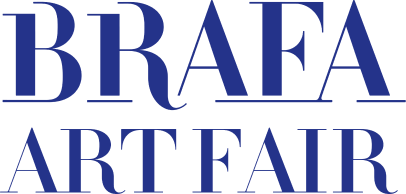

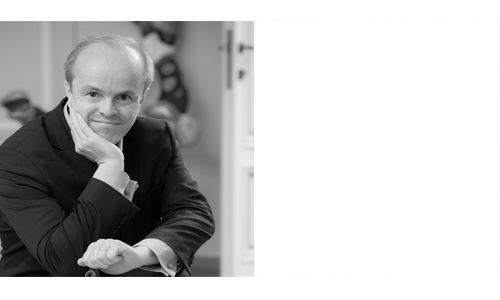


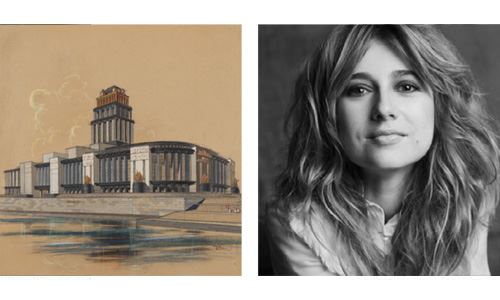
,masterpiecebyPieterBruegeltheElder_T636972246349628266.jpg?width=500&height=300&format=jpg&mode=pad&scale=both&qlt=80)
